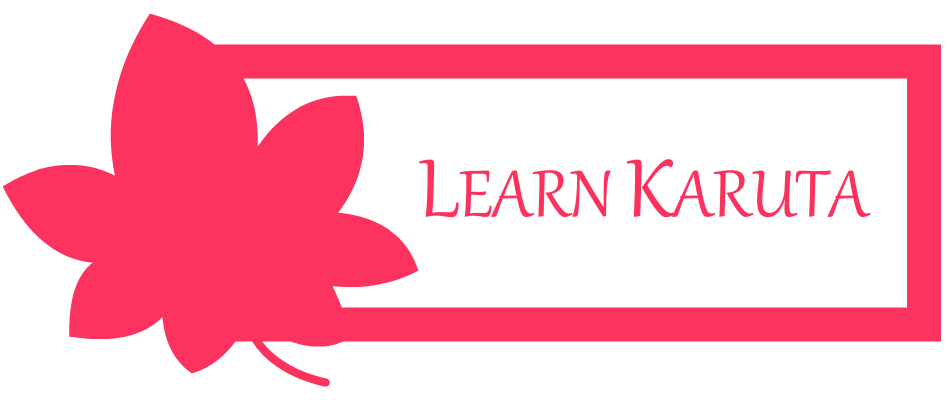Karuta App Training
While the Competitive Karuta ONLINE app is far from a substitute for actual karuta, I personally feel it can still be useful as practice if used in the right way. For that, here are some tips/guidelines on how it can and can’t be useful: CPU Games: Aside from being a tool to initially learn karuta without the stress of having […]
